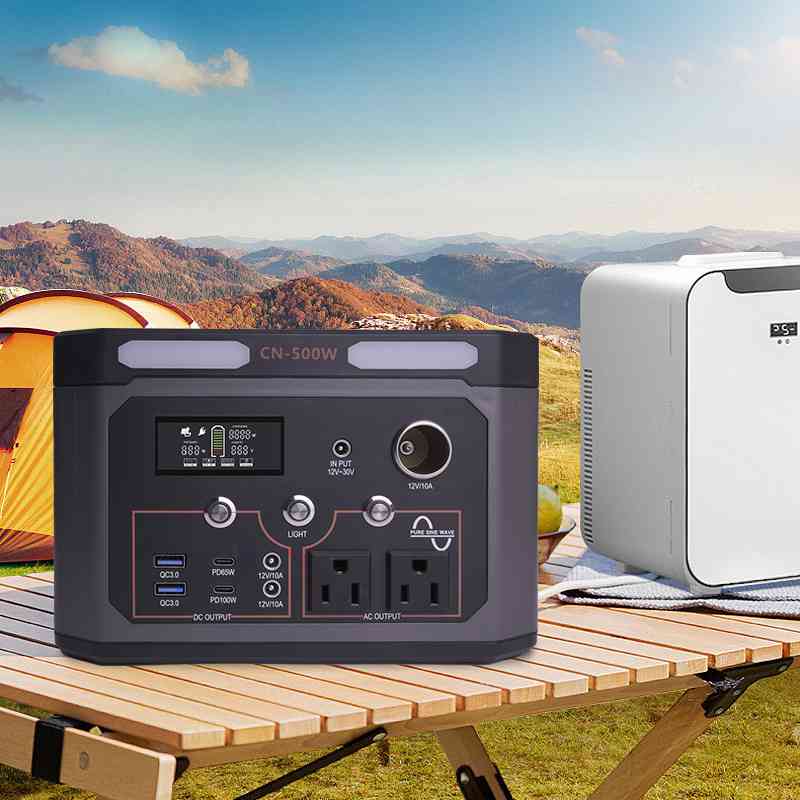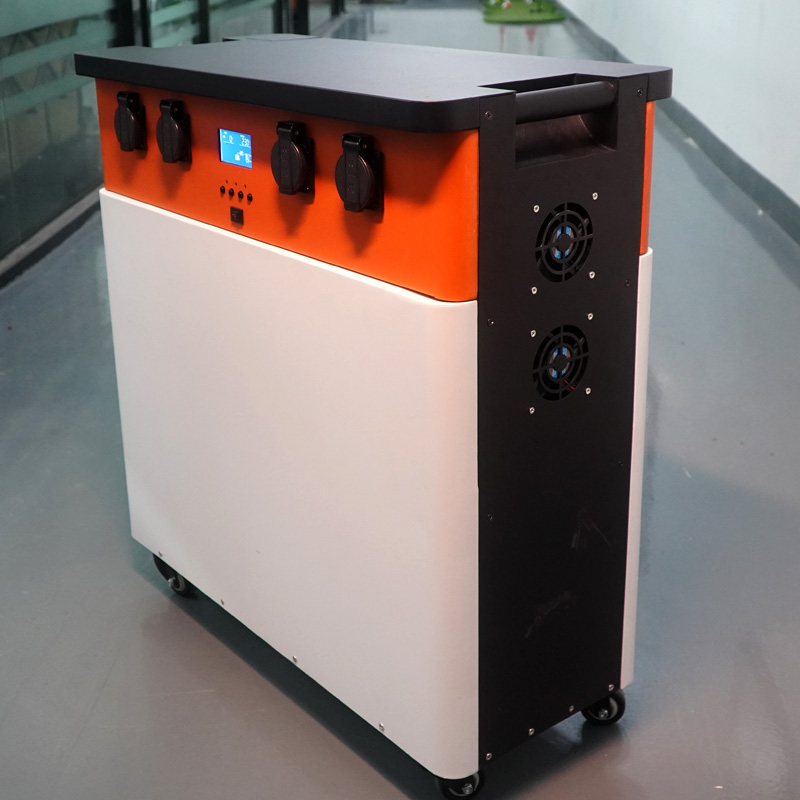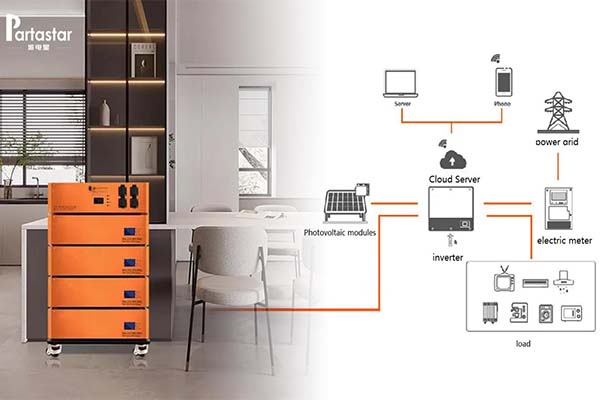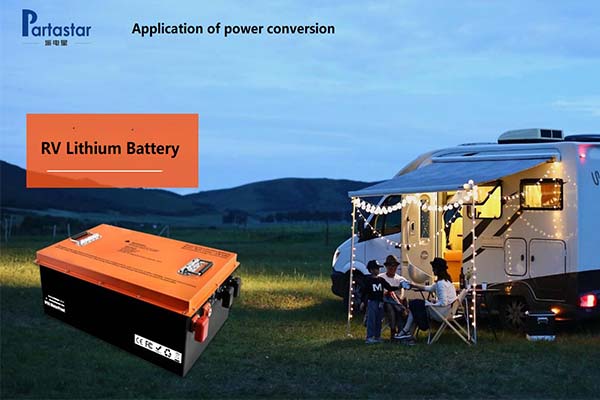Portable battery station power supply currently has two types of battery cells on the market, one is lithium iron phosphate battery, and the other is ternary lithium battery.
Lithium iron phosphate battery, full name lithium iron phosphate battery, refers to a lithium ion battery that uses lithium iron phosphate as the positive electrode material. Lithium iron phosphate battery has the advantages of large capacity, good high temperature performance, high safety performance, long cycle life, no memory effect and environmental friendliness. Its disadvantages are high production cost, poor consistency and low energy density.
Ternary lithium battery refers to a lithium battery that uses three transition metal oxides of nickel, cobalt, and manganese as the positive electrode material. Its main features are light weight, small size, long cycle life, high charge and discharge efficiency, low cost and stable performance. However, ternary lithium batteries are relatively lacking in safety and high temperature resistance.

Two different portable battery station power batteries have their own advantages and disadvantages. As lithium battery technology becomes more and more mature; if you are pursuing large capacity and safety, it is more appropriate to choose a portable battery station power supply with lithium iron phosphate battery; if you are pursuing portability and convenience , It may be better to choose a portable battery station power supply with a ternary lithium battery.



